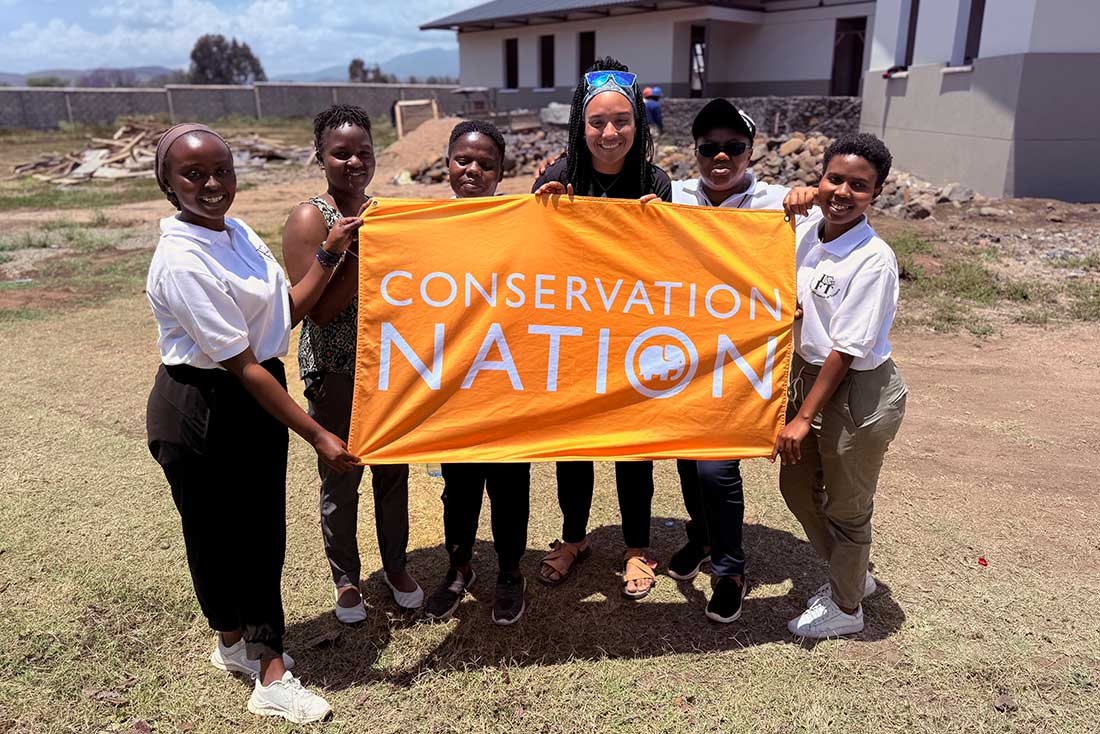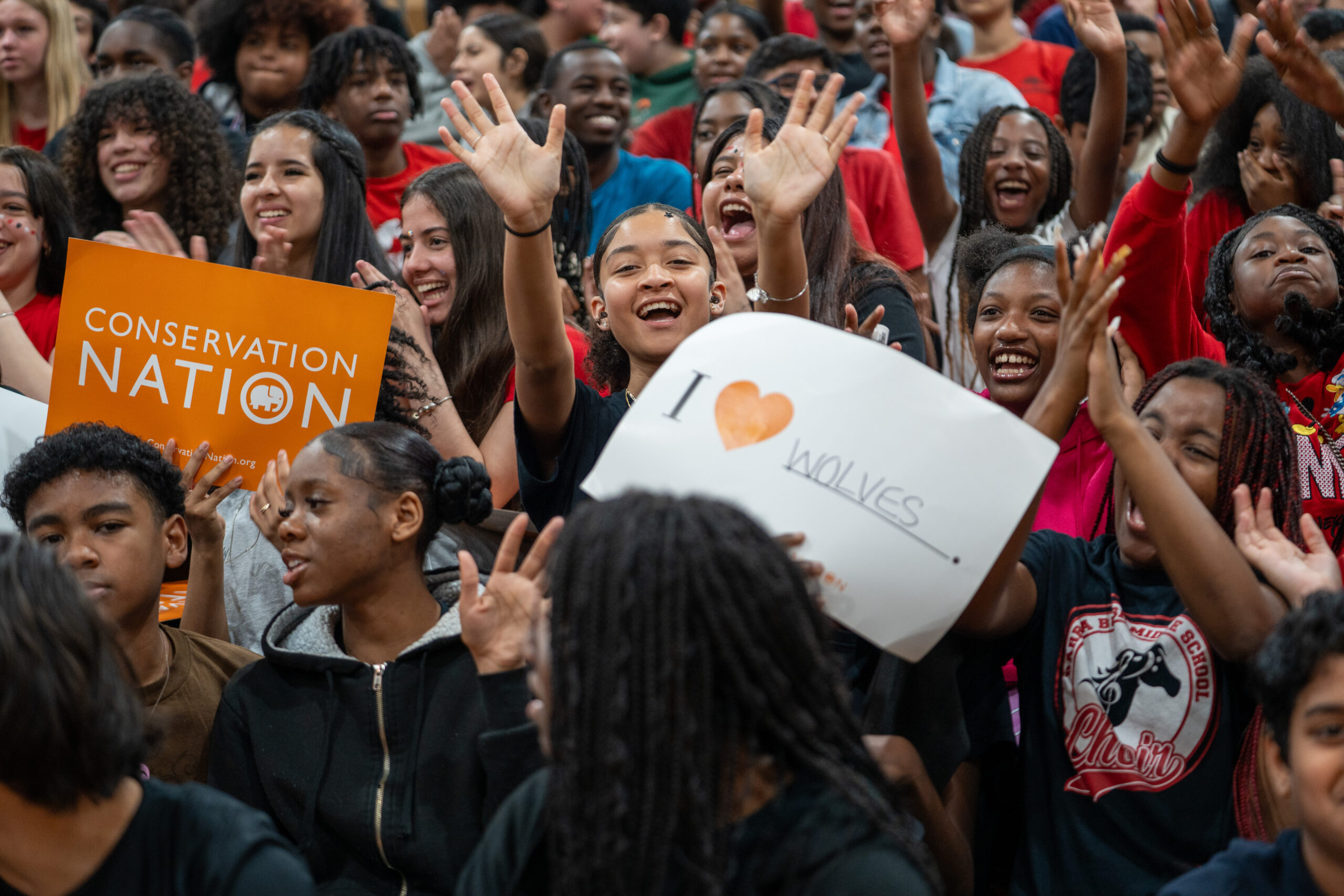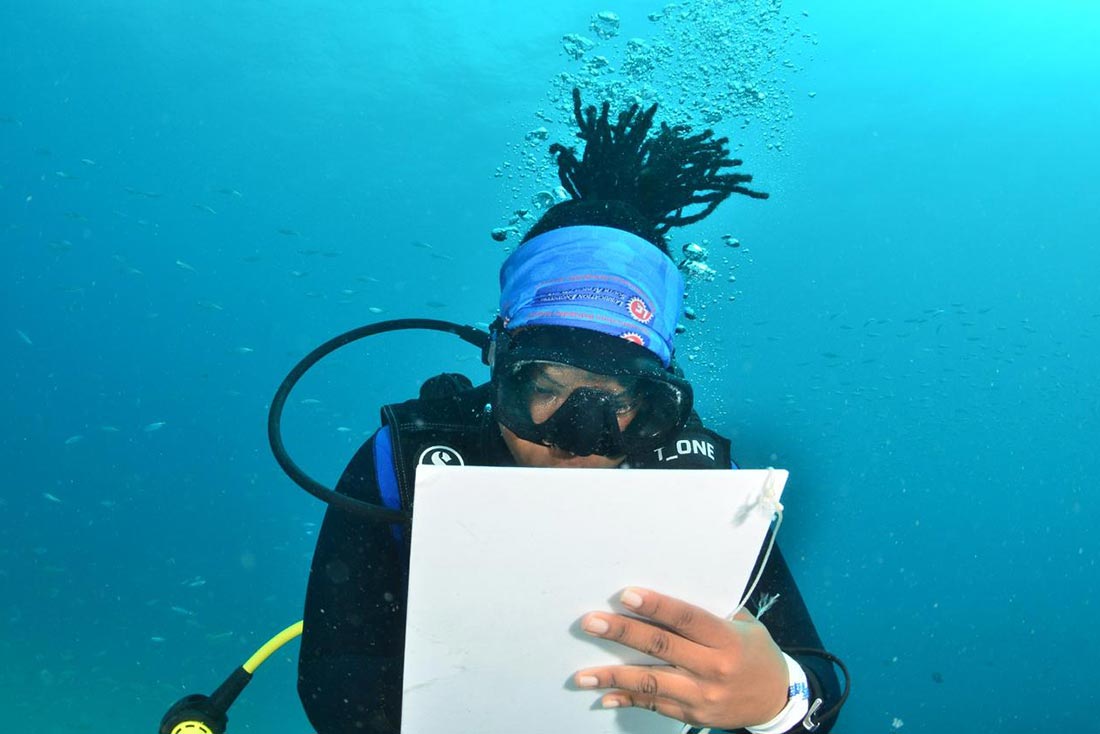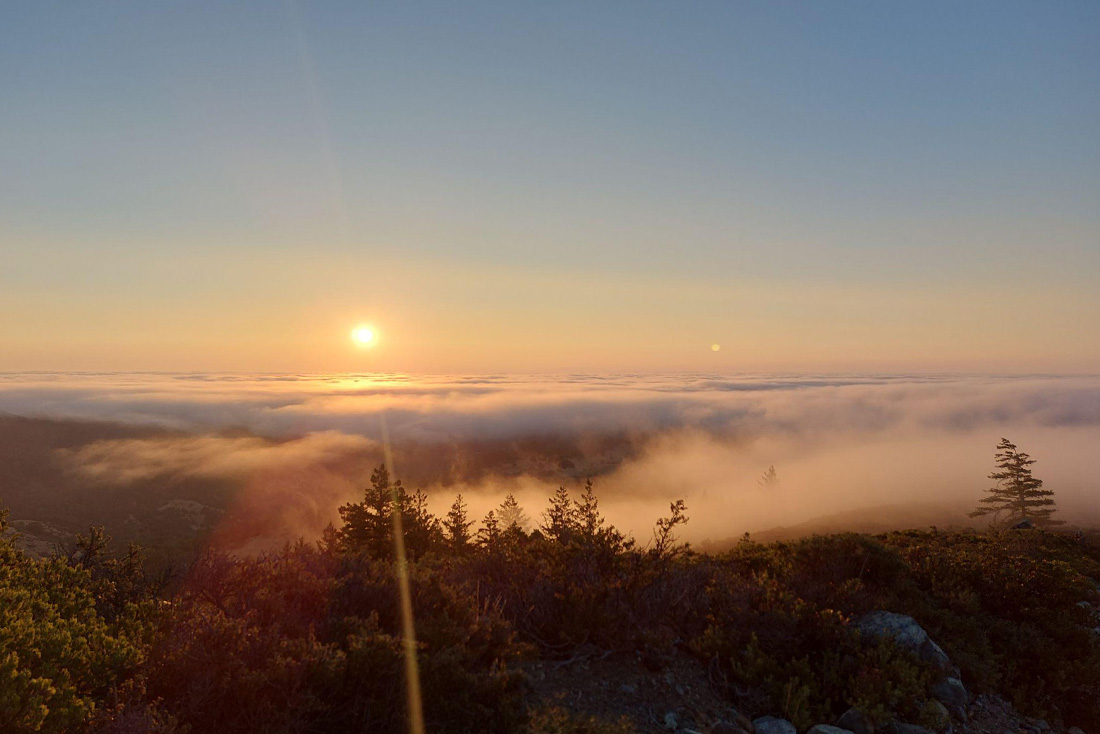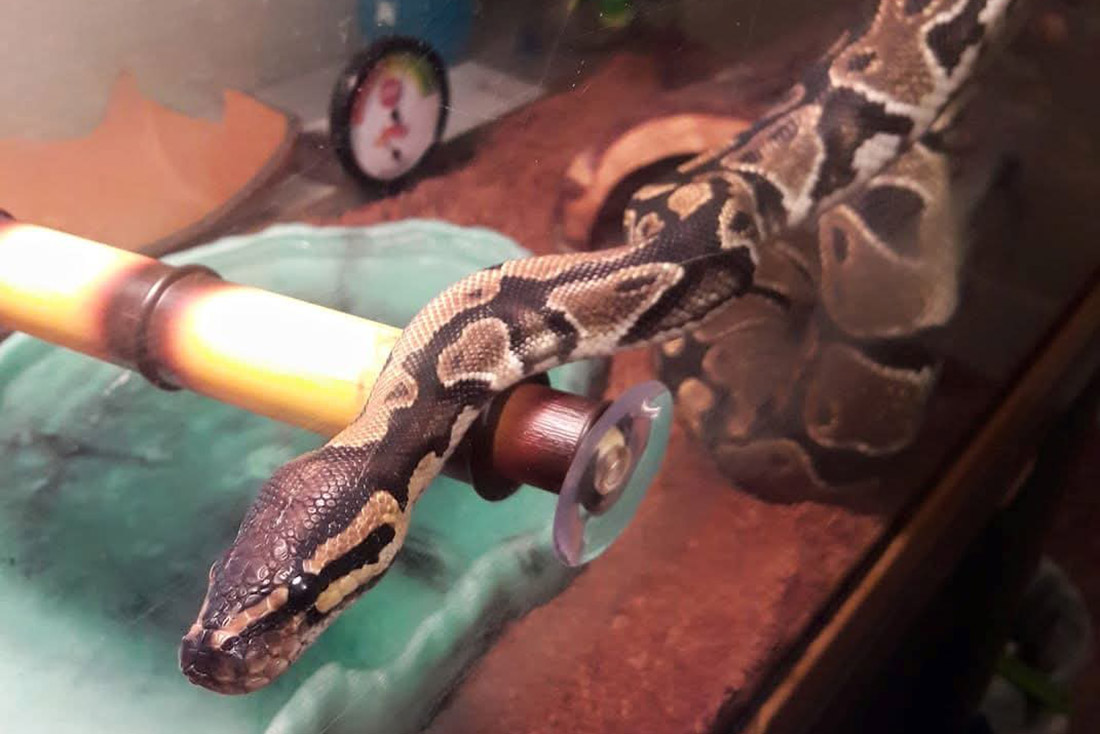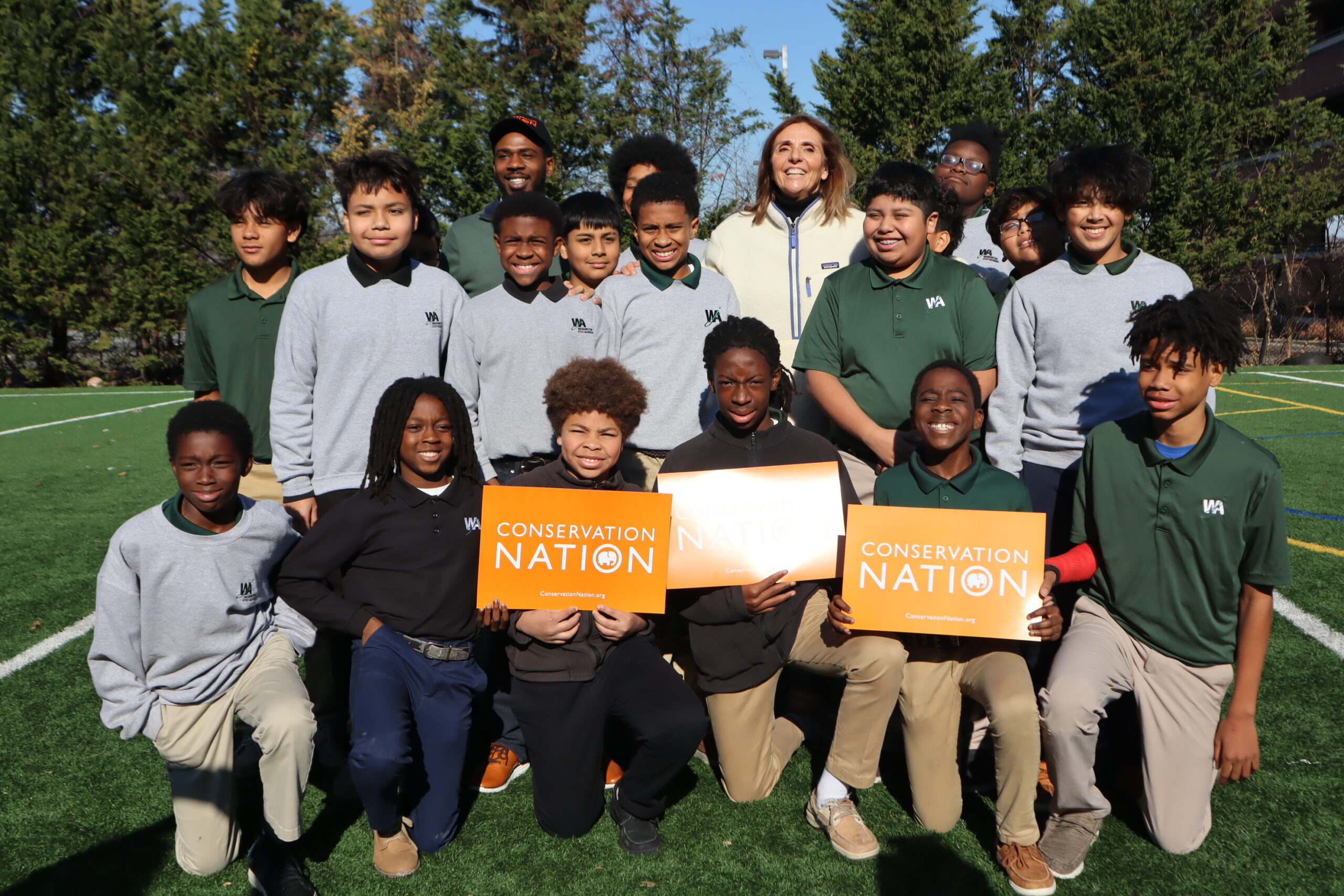Kenya is home to most of the critically endangered eastern black rhinos—and the only remaining northern white rhinos. With so few left in the wild, the survival of each animal is increasingly critical. Yet losses continue to occur due to poaching, infectious disease, and complications that arise when individuals are moved between sanctuaries.
Each of these cases illustrate how crucial it is for best practices for the care of endangered species to be passed along to those on the ground. Often these “best practices” are drawn from experiences with animals in human care, and others are drawn from experts working with the species across their range.
That’s why Conservation Nation is funding a four-day workshop this October for the top minds in the field to gather in Laikipia, Kenya, and share knowledge about how to best protect, monitor and research rhinos in the wild.
Smithsonian scientists, including Dr. Maureen Kamau, a veterinary research fellow with the Smithsonian Conservation Biology Institute’s Global Health Program, will be among a team of Kenyan and international experts who will teach those on the front lines of rhino healthcare about a range of topics, such as how to run the latest diagnostic tests, cutting edge treatment for infectious diseases, standardized protocols for conducting research on rhinos in the wild, and more.
“Despite the gradual recovery of the eastern black rhino population, this species is still critically endangered, and survival of every individual is critical,” Dr. Kamau says. This workshop “will provide a medium for rhino specialists from around the globe to share expertise for standardized veterinary care and discuss research gaps to augment eastern black rhino populations.”
This project is also striving to improve care for wild rhinos—during the workshop, veterinarians will train Rapid Response Teams: specialized veterinary groups equipped and ready to provide emergency care in the field.
Conservation Nation will additionally make possible the purchase of health monitoring equipment for Kenya Wildlife Service field veterinarians. Efforts like these can significantly strengthen the ability of field veterinarians in Kenya to provide the best possible care to populations in the wild, building partnerships and necessary support for species in dire need.
Check conservationnation.org for more updates about Dr. Kamau’s work, the workshop and other Conservation Nation-funded efforts to protect endangered rhinos in the wild.

